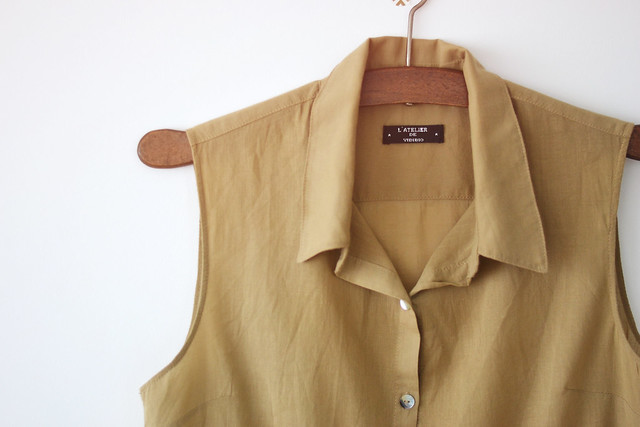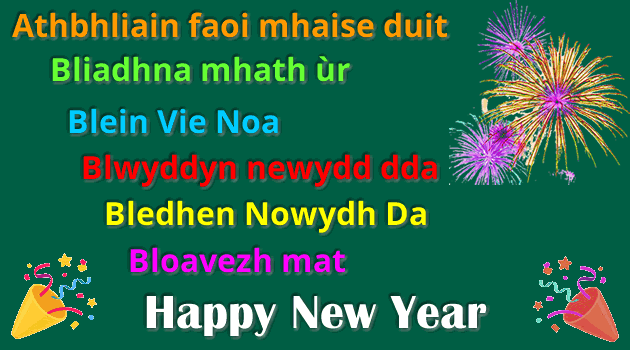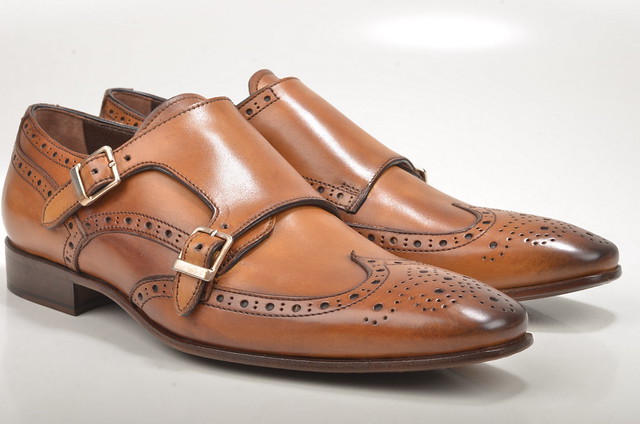Podcast: Play in new window | Download
In this episode we are looking into words for field, quay and related things.
The Proto-Celtic word *kagyom means a pen or enclosure. It comes from the Proto-Indo-European *kagʰyóm (enclosure) [Source].
Related words in modern Celtic language include:
- cai [ˈalˠə] = field, orchard or crop in Old Irish
- cae [ˈalarχ/ˈaːlarχ] = hedge, hedgerow, fence; field, enclosure; circle, sphere; barrier or obstruction in Welsh
- ke = hedge or fence in Cornish
- kae = hedge or quay in Breton
The English word quay in English, was borrowed from the French word quai (quay, wharf, platfrom), which comes from the Latin caium (storehouse, shop, workshop, quay, wharf), from the Gaulish cagiíun/*kagyom, from the Proto-Celtic *kagyom. The Portuguese word cais (quay, wharf, pier) comes from the same roots [Source].
Other words from the same roots include:
- cé [kʲeː] = quay in Irish
- cidhe [kʲi.ə] = quay in Scottish Gaelic
- keiy = jetty or quay(side) in Manx
- cei [kei̯] = quay in Welsh
- kay = quay in Cornish
The Irish, Scottish Gaelic and Manx words for quay come from the same Proto-Celtic root, via the Anglo-Norman kay, cail (quay, wharf) and Gaulish [source]. The Welsh and Cornish words for quay also come from the same Proto-Celtic root, via Middle English, Old French and Gaulish [source].
There are quite a few other words for Fields, Meadows and Pastures in Celtic languages. You can be find more details on the Celtiadur, a blog where I explore connections between Celtic languages in more depth. I also write about words, etymology and other language-related topics on the Omniglot Blog.













